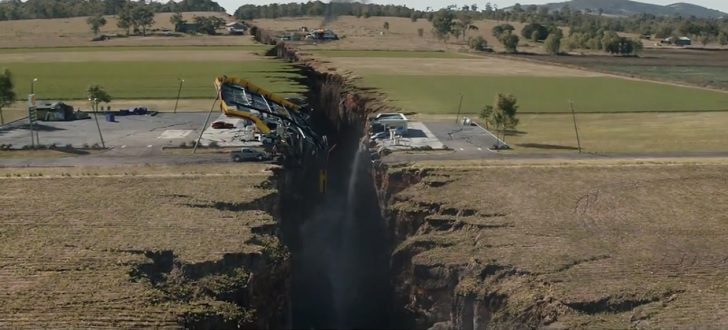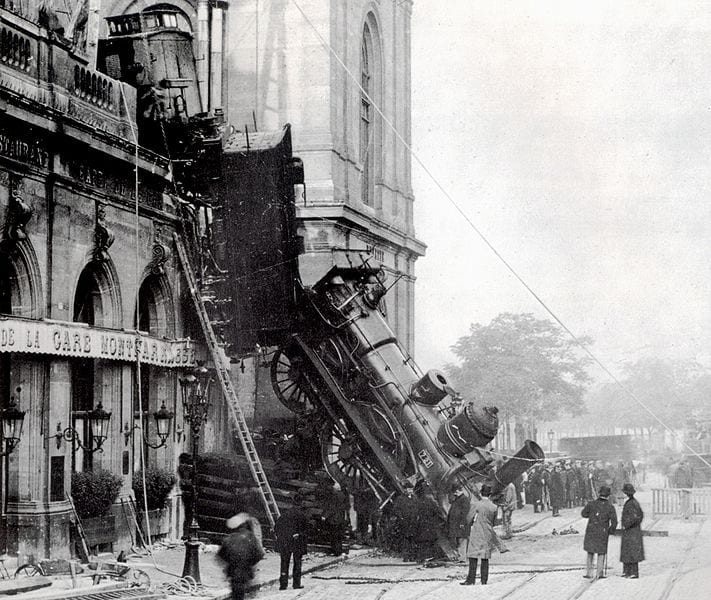The Grind
Alasdair gets to the train each morning around 6:10. He is in his office with a fresh coffee by 7. The workday is a roller coaster ride with no time to think, eat, or use the restroom. He drags himself back to the train and around 7PM and is home playing catch-up with family by 8. This grueling schedule is the norm for those who work in finance (farmers, doctors, and some service industry friends work a similar schedule).
Alasdair tends to park his faith at home. Business is business. He doesn’t have time for the groups and classes his church offers during the week. He strikes a bargain with God—“I’ll show up most Sundays and help keep this church going financially (and my family and my cousin who’s always broke, and several nonprofits I care about), but don’t expect much else from me.” Alasdair is lucky just to have a job. Jeopardizing that job or the continued progress of his career by entertaining questions about faith and work is a nonstarter. He hopes to survive this arrangement and get to retirement when he’ll do something good.
Defining the Vocational Divide
This separation of work-life from the values and principles of faith is called the vocational divide. The vocational divide is an approach to work by individuals that is reinforced by institutions and geography. Alasdair’s church focuses on getting Alasdair to engage in church activities. Alasdair’s pastor never speaks to or validates his work. And Alasdair’s church is located in the suburbs where he lives. Compartmentalization is built into the system.
The Downside of the Divide.
There are 3 downsides to living in the divide.
- Orphans At Work—the vocational divide leaves us spiritual orphans at work—we are alone to navigate the demands, undulation, and ethical questions of the contemporary workplace. In the real world, orphans are at risk for exploitation. In the work world, spiritual orphans are at risk of the ditch—ruining their lives through self-destructive behavior.
- The Myth of Irrelevance—the vocational divide reinforces the myth that Jesus-centered faith is essentially irrelevant for the real world. Business is war and Jesus is about peace—keep him in his comfortable neighborhood box while you go off to battle in the marketplace. Actually, Jesus is Lord over every aspect to life and he cares deeply about the activity at which we will spend most of our days: work. (See You Work Matters to God).
- Wasted Potential—If our approach to work pushes God to the margins and stunts our spiritual growth, we are wasting our potential. God places in each human being gifts, opportunities, and his image. Releasing our God given potential in the work place can change the world. Putting the spiritual on hold effectively sidelines us from the God-drama that’s unfolding all around us.
Bridging the Divide
What will it take to bridge this divide? Stay tuned, I will chase down this question in my next post.
How About You?
In what ways to you tend to live a divide between your work and faith?
How does the “system” of your life situation (where and how you work, live, and worship) fight or reinforce the divide?
Recent Highlights:
Why Ask Why: 10 Reasons Your Work Matters to God
Shame | Purpose | Miserable Jobs | Work & Prayer: 2015 Highlights
About the Author: Dr. Chip Roper writes Marketplace Faith from New York City, where he is the director of Marketplace Engagement at the New York City Leadership Center. You can learn more about him here. Chip is available for speaking, consulting, and speaking engagements. Inquire via email: [email protected].
Pic: “San-Andreas-Crack” http://filmonic.com/the-earth-cracks-open-in-the-2nd-trailer-for-san-andreas, no copyright listed.













